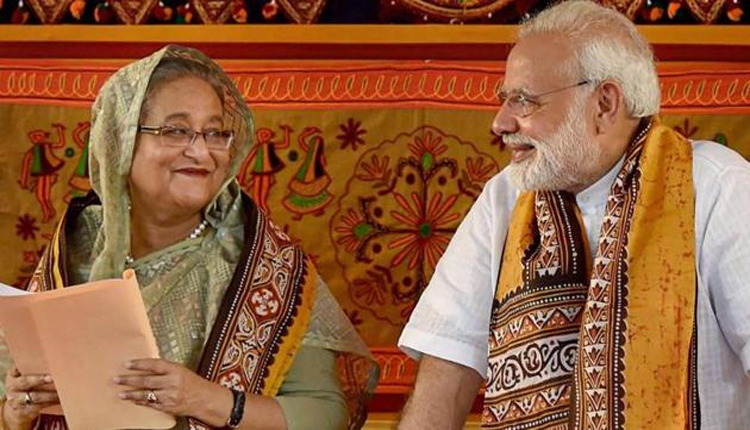New Delhi: Amid political upheaval in Bangladesh following Nobel laureate Muhammad Yunus assuming leadership, speculation has arisen about the possible extradition of former Prime Minister Sheikh Hasina, who is currently in India.
However, experts assert that India is unlikely to hand over Hasina to Dhaka under any circumstances, and here’s why.
First, India and Bangladesh share a robust strategic partnership, built over decades of cooperation in trade, security, and connectivity. Hasina has been a key architect of this relationship, supporting India on critical issues like counter-terrorism and regional stability. Extraditing her could strain bilateral ties and undermine India’s influence in South Asia.
Second, international law and India’s extradition framework provide safeguards against politically motivated requests. Extradition treaties typically exclude cases where charges appear to be driven by political vendetta — a clause that applies strongly in Hasina’s situation, given the nature of the regime change in Dhaka.
Third, India’s domestic legal process would require courts to examine evidence before approving any extradition. With Hasina enjoying political asylum-like protection, the process could take years, making immediate handover virtually impossible.
Finally, geopolitical considerations play a decisive role. India views Hasina as a trusted ally who helped curb insurgency in the Northeast and maintain peace along the border. Handing her over could strengthen anti-India forces and destabilise the region.
In short, legal, diplomatic, and strategic factors make Hasina’s extradition highly improbable, regardless of pressure from Dhaka’s new leadership.



Comments are closed.